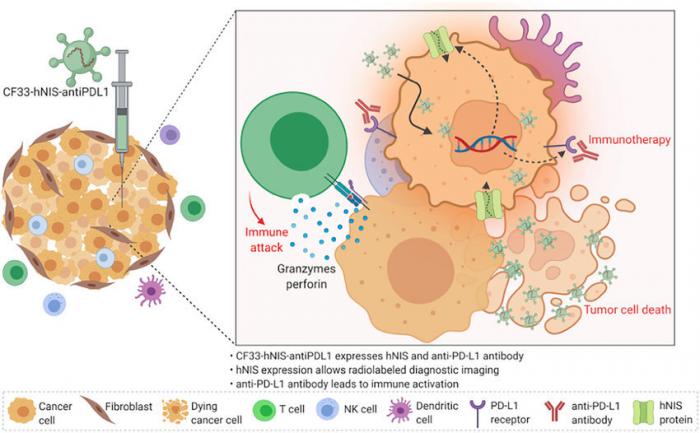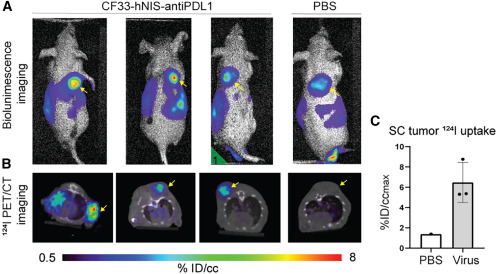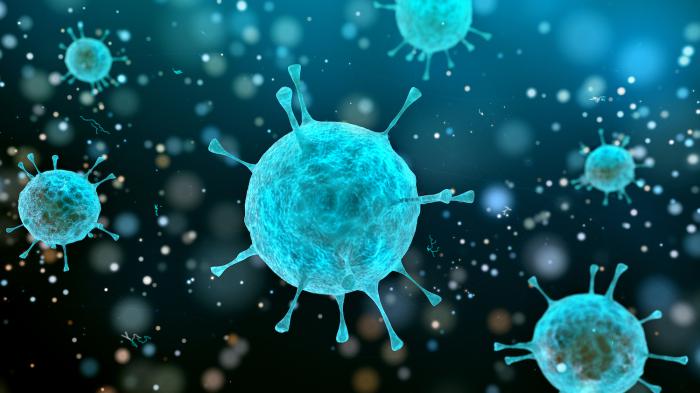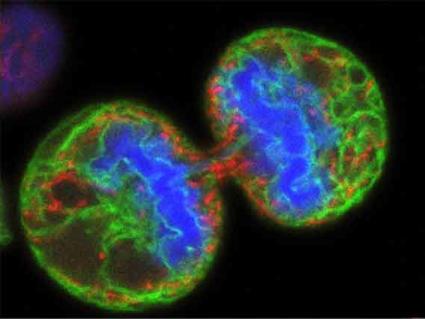As human beings continue to evolve, many believe that it is science that will enable us to reach a decisive new stage in this evolution. We already had you. unveiled how it was now possible to stop aging thanks to; these scientists who rejuvenate your cells, but a recent announcement could also be synonymous with hope, especially in the fight against cancer.
Table of Contents
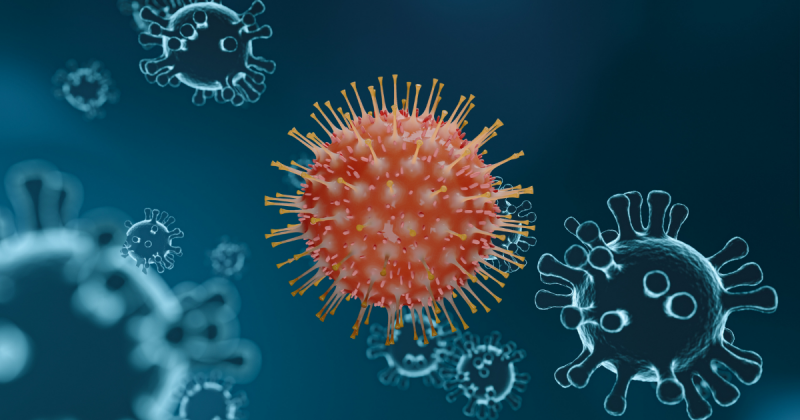
Read Also
- Covid, Abrignani (Cts): “Only 10% of those who are vaccinated are contagious” Jul 28, 2021
- Coronavirus Woman dies of covid-19 without comorbidities in Guanajuato Aug 22, 2021
- China has built a second hospital for patients with coronavirus Feb 8, 2020
- Corfo must compensate 14 Lota Sorprendente workers fired after the start of the pandemic Dec 20, 2022
- Institute cancels 1st euthanasia without patient being terminally ill in Colombia Oct 10, 2021
- Attention to the return of fake news on the ticks Jun 30, 2020
- Cryptocurrency : Bitcoin may not replace traditional banking May 30, 2021
the experimental cf33-hnis virus
Indeed, a < strong>new experimental virus known as “cancer killer” has been administered to a human patient for the first time, in the hope that these trials may reveal a new way to effectively fight cancerous tumors in the human body.
This virus, known as CF33- hNIS or Vaxinia, is what is called an oncolytic virus, which have been designed to exclusively infect cancer cells by taking advantage of characteristics specific to cancer. these abnormal cells, thus sparing healthy cells. This type of virus has thus been considered as the future of cancer therapy.
And in the case of Vaxinia, the genetically modified virus penetrates the cells and is duplicated. After a while, the infected cell bursts, releasing thousands of new virus particles which then act as antigens, thus stimulating the immune system to react. attack nearby cancer cells.
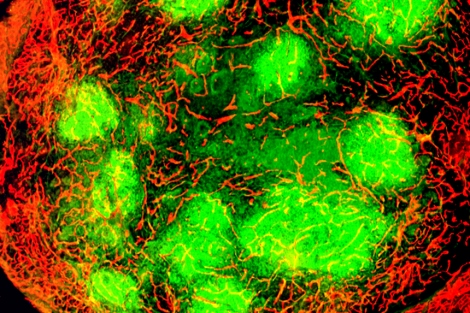
Previous research in animals has shown that the virus could mobilize the immune system in this way to hunt and destroy cancer cells, but no test had been done. performed in humans up to present.
the first trial on humans
But that has just changed, since City of Hope< /strong>, a cancer care and research center based in to Los Angeles, and the company Australian Imugene specializing in biotechnology, having participated in in the development of Vaxinia, recently announced that the first clinical trial on human patients was underway. Daneng Li, oncologist at City of Hope and Principal Investigator, explained:
Our previous research has shown that oncolytic viruses can stimulate the immune system to react to and kill cancer, but also to respond better to cancer. other immunotherapies, including checkpoint inhibitor therapies.
Now is the time to boost the power of immunotherapy, and we believe CF33-hNIS has the potential to improve outcomes for our patients in their fight against cancer.
< /blockquote>
But in order to be sure of this potential, Vaxinia must first pass its first trials on human patients and show that it is safe, the first phase of the trial é both safety-focused and and tolerability of this solution. The process is expected to recruit about 100 participants in total in Australia and the United States, each of whom is an adult patient with advanced tumors and has already experienced cancer. tried at least two standard treatments. Treatment is expected to last approximately 24 months.
The version of the virus currently in clinical trials produces human sodium iodide symporter (hNIS), a protein that allows researchers to visualize and monitor viral replication, and provides an additional way to damage cancer cells by adding radioactive iodine.
However, before determining the effectiveness of this solution, the researchers will first examine how the patients react, by recording the frequency and severity of the reaction. of any adverse effects, and examining how participants react when the low doses are increased. Secondary measures, including the evaluation of the effectiveness of the from CF33-hNIS to reduce treated tumours, will be analyzed later. But given that the trial should last at least two years, it will probably take some time before we can know the results in detail.
a virus bringing hope
Once security was of Vaxinia will have been demonstrated, some participants will also receive an immunotherapy drug called pembrolizumab, which improves the ability from the immune system to fight cancer cells. Doctor Yuman Fong, Sangiacomo Family Chair in Surgical Oncology at City of Hope and the main designer of the genetically modified virus, said:
Interestingly, the same characteristics that make cancer cells resistant to chemotherapy or radiation therapy actually enhance the success of oncolytic viruses, such as CF33-hNIS.
We hope to exploit the promise of virology and immunotherapy for the treatment of ‘a great variety deadly cancers.
Leslie Chong, CEO of Imugene, said then:
Dosing the first patient in our Vaxinia study is an important milestone for Imugene and clinicians facing the challenge of treating advanced metastatic solid tumors. Professor Yuman Fong and the City of Hope team led the exceptional research. In addition to the positive preclinical results, we are incredibly eager to exploit the potential of Vaxinia and oncolytic virotherapy.
If the drug is found to be safe and well tolerated, then we may be in the presence of a powerful new solution in the fight against cancer, described as“game-changing because of its potency and ability to recruit and activate immune cells”, according to surgical oncologist Susanne Warner, who preceded cleverly directed a team studying the effects of CF33 on tumors in mice. She said:
Our oncolytic virus trains the immune system to target a specific cancer cell. Which means that if a similar cancer cell ever tries to grow back, the immune system will be ready.
And while oncolytic viruses appear to be real avenues to investigate; exploring for several years, their success had been until present very limited. And while no one yet knows for sure if Vaxinia will work the same wonders in humans, if it proves effective, it would only be the second viral oncolytic therapy > Approved by the Food and Drug Administration (FDA), after a drug called Talimogene laherparepvec (known as T-Vec or Imlygic), a modified version of the herpes simplex virus, which is used to in the treatment of melanoma.
And to learn more about these new neurons discovered in the human brain that have never been known observed elsewhere, see our previous article on the subject, right here.

